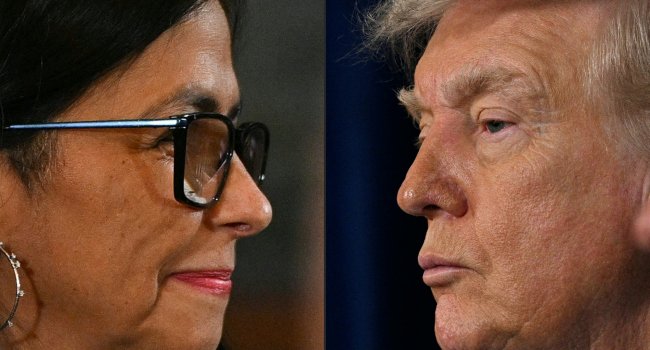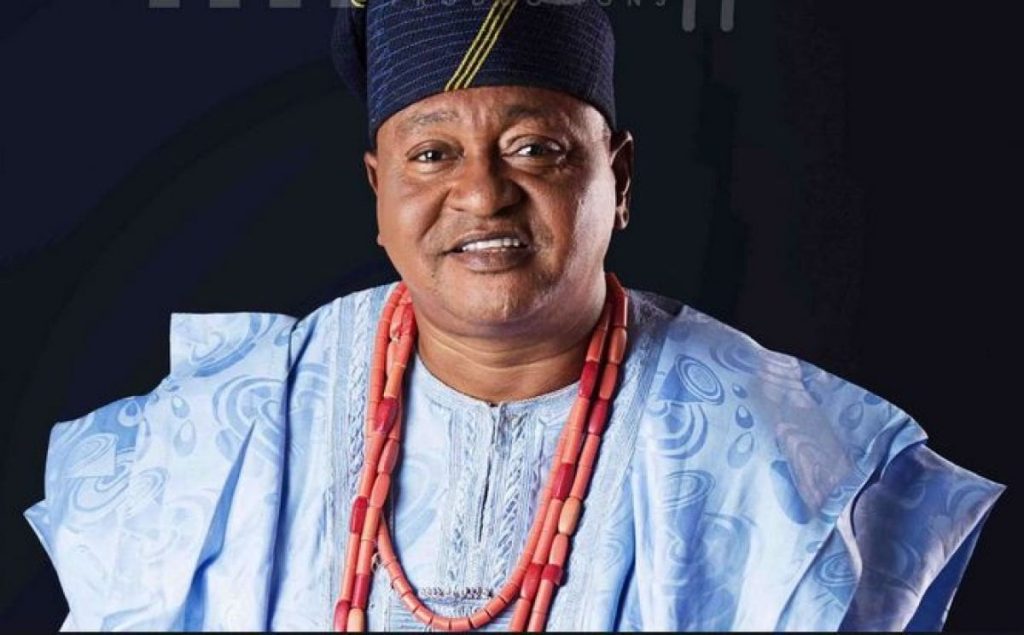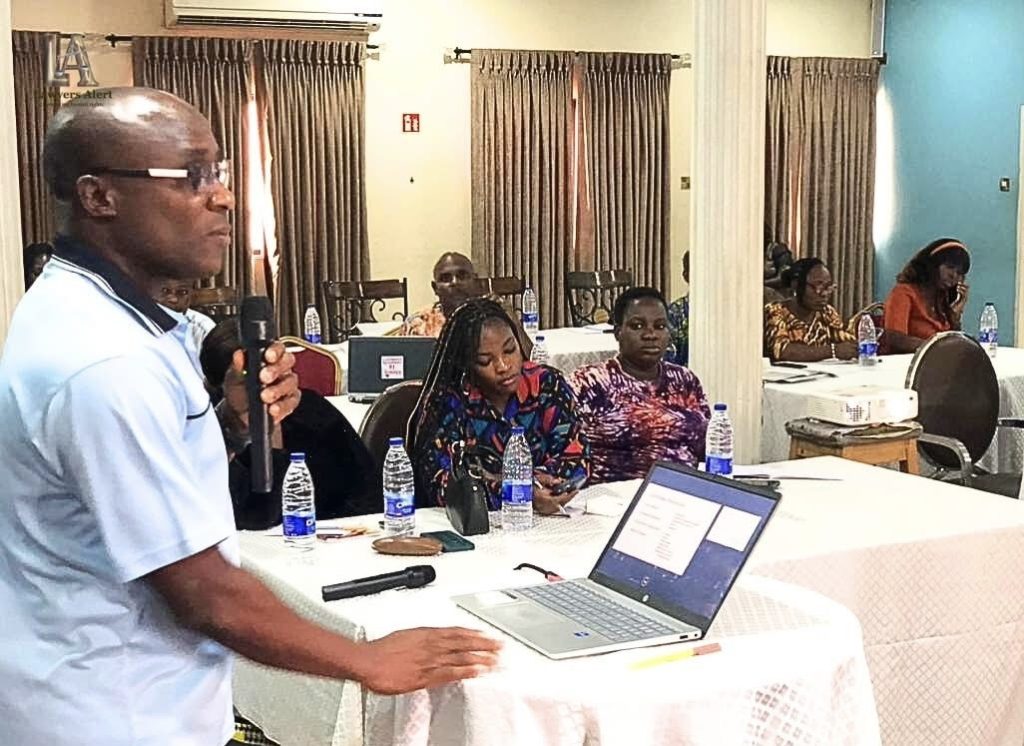In a bold prediction, Gbadebo Rhodes-Vivour, the 2023 Lagos State governorship candidate of the Labour Party, has stated that President Bola Tinubu will suffer another defeat in his home state of Lagos during the 2027 presidential election. This prediction comes on the heels of Mr. Tinubu’s surprising loss in the 2023 presidential election, where he was beaten by Peter Obi, the Labour Party candidate, in Lagos State, a territory he once governed.
Mr. Rhodes-Vivour’s comments were prompted by the chaos and heavy traffic congestion that ensued during President Tinubu’s visit to Lagos to attend the 50th anniversary of the Economic Community of West African States (ECOWAS). The LP chieftain decried the unnecessary hardship inflicted on residents, likening the president’s actions to a form of colonial-style rule. He warned that such excesses would ultimately cost Mr. Tinubu the votes of Lagosians, who are growing tired of the disruptions caused by his visits.
The Labour Party candidate drew comparisons with his experiences in major cities like Paris and London, where the movements of national leaders rarely interfere with daily life. He recounted how, during his time in Paris, the city never experienced chaos due to the president’s movements, and in London, he had even shopped in the same store as the Mayor and been in close proximity to the Prime Minister without any disruption to his daily activities.
Mr. Rhodes-Vivour’s strong warning to President Tinubu was clear: the obsession with being seen as the “big man” and viewing citizens as subjects to be trampled upon was the reason for his loss in 2023 and would be the reason for his loss again in 2027. He reminded the president that he was in office to serve the people, not to humiliate them. The LP chieftain’s statement served as a reminder that the people of Lagos, who have been kept trapped in traffic for hours, missing important appointments and events, will have their day soon.
As the political landscape in Nigeria continues to evolve, Mr. Rhodes-Vivour’s prediction has sparked interesting discussions about the future of the country’s leadership. The comments have also highlighted the growing dissatisfaction among citizens with the current state of affairs, particularly in Lagos, where the disruptions caused by presidential visits have become a recurring theme. With the 2027 presidential election on the horizon, it remains to be seen whether President Tinubu will take heed of Mr. Rhodes-Vivour’s warning and work to regain the trust of the people, or if the Labour Party candidate’s prediction will indeed become a reality.



